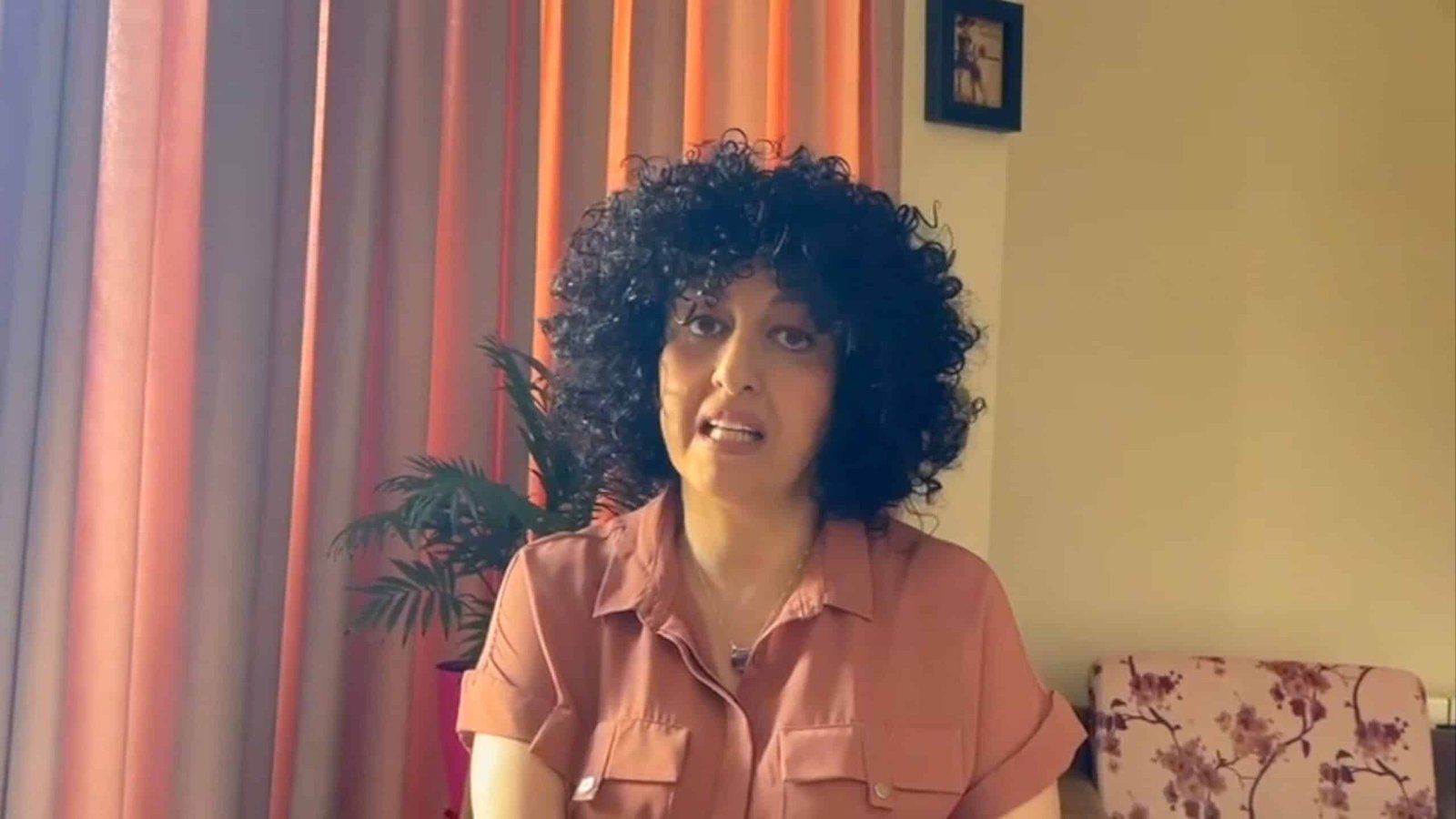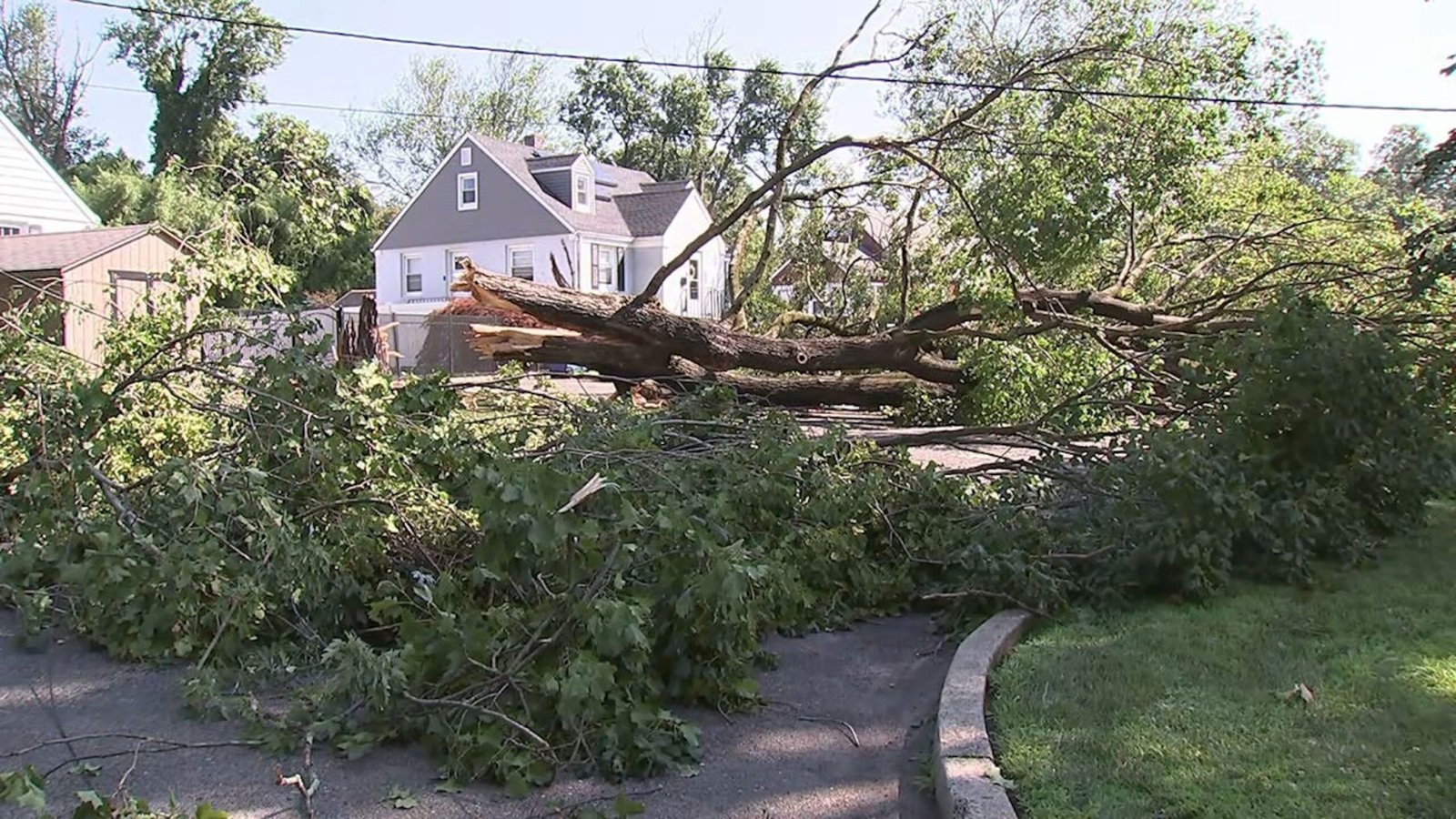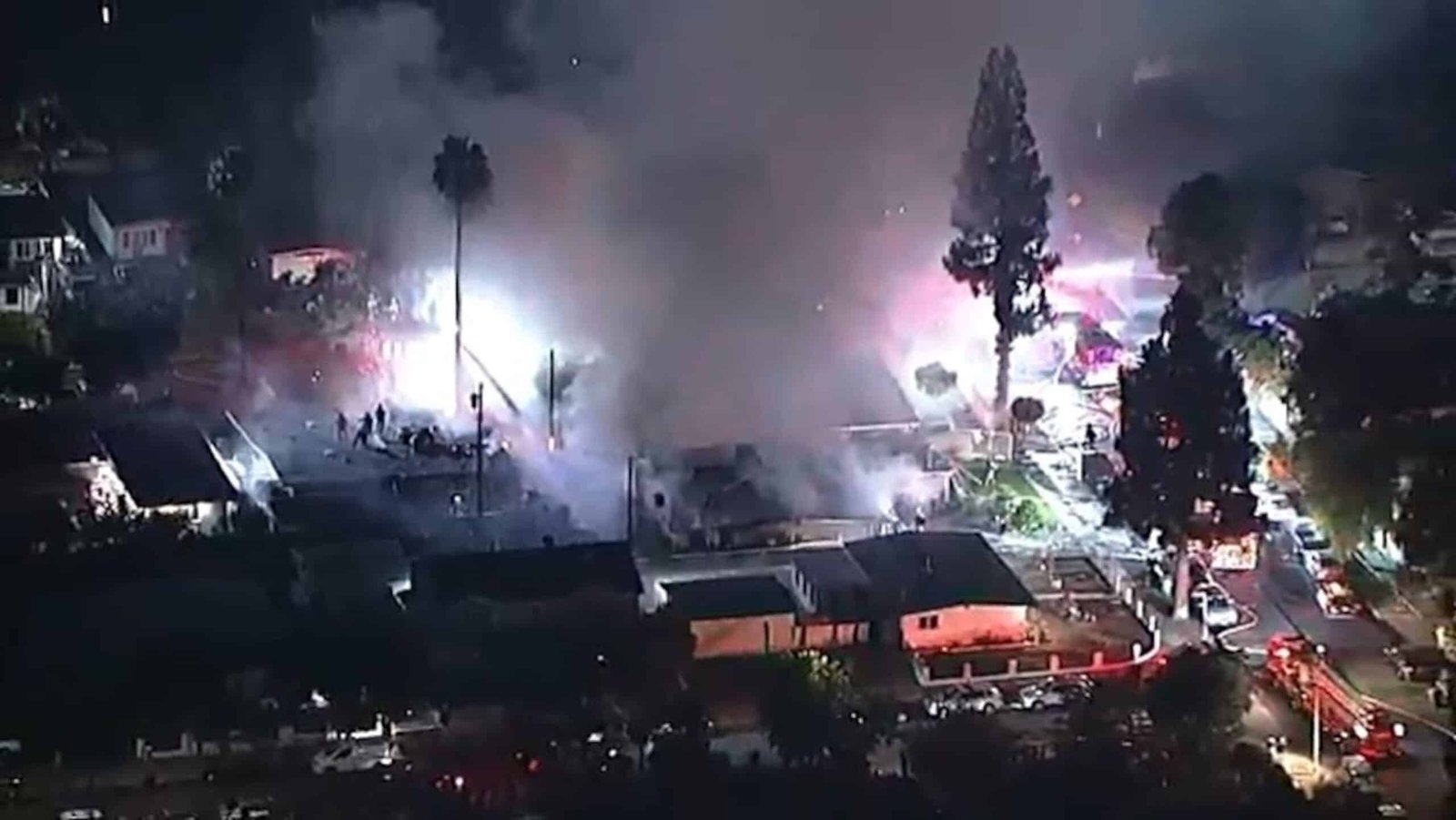One of the most prominent human rights defenders of Iran is the warning that the Iranian government is using the sequelae of its 12 -day war with Israel to increase repression against their own citizens, particularly political and civil activists.
The Nobel Peace Prize Prize, Narges Mohammadi, in a video message for ABC News, warned that an increase in generalized executions and arrests since the war began showing that the regime is using the time to deviate from decades of alleged repression and failed politics, with the aim of “spreading fear and terror.”
“Now we are witnessing the intensification of the war between the Islamic Republic and the people of Iran, a war that has been happening for 46 years,” said Mohammadi.
While Iranian authorities have publicly celebrated what they call a “victory” about Israel, Mohammadi rejects that statement.
“I just don’t think this,” he said. “The war weakens the same tools necessary to achieve human rights and democracy, such as civil society. I think that with the Islamic Republic even in power after this war, our work and our struggle have now become even more difficult.”
She warned that the regime, “now weakened,” has pressed civil liberties, lighting alleged traitors from the inside.
Iranian authorities, although they recognize damage to parts of their nuclear and infrastructure facilities, insist that they remain strong and unified. The media affiliated with the State have framed the recent wave of arrests and executions as necessary measures to protect national security, claiming infiltration and espionage linked to the intelligence agency of the Mossad de Israel.

The Nobel Prize Narges Mohammadi is seen in this image from a video message to ABC News.
ABC News
Mohammadi spoke from his home in Tehran, where he is challenging an order of the government to return to the notorious prison of Iran’s Evin after urgent and wild surgery. To Mohammadi, who is serving a sentence of 13 years and 9 months, he received a medical permit from the prison, where many of the political dissidents of the country are held.
She and other activists have expressed special concern about the condition and destiny of Evin prisoners after the missile strike of June 23 of Israel in the installation. According to Iran’s judicial spokesman, at least 71 people were killed in the strike, that the United Nations Human Rights Office condemned as a “serious violation” of international law. Israeli Defense Minister Israel Katz said that Israel reached “regime and government repression agencies” in Tehran, including Evin.
While Mohammadi also condemned the strike, he warned that what he has followed can represent a threat of even greater human rights.
Mohammadi, who was licensed at the time of the attack, told ABC News that he has spoken extensively with prisoners and their families.
“After the attack, the situation within Evin became extremely titled,” said Mohammadi, who has been given more than 36 years of prison time for multiple positions, including the commitment of the “propaganda activity against the State” and the “collusion against state security”, national security crimes vaguely used vaguely used by the authorities to criminalize the peaceful discussion.
“Prison transfers are now occurring in very militarized conditions.” Mohammadi said: “With complete snipe coverage [and prisoners] chained with wives and legs of legs. “

In this image obtained from the Mizan Iraní news agency on June 25, 2025, rescuers sift for the debris in the Evin prison complex in Tehran, Iran, which was for an Israeli strike.
Mostafa Roudaki/Mizanonline/AFP through Getty Images
After the days of uncertainty, the Iran prisons organization announced that the detainees had been transferred to other prisons throughout the province of Tehran. The state media reported that many were transferred to facilities, including Qarchak prison and the great Tehran prison.
“The situation within both prisons is extremely worrying,” said Mohammadi, describing the inmates transferred as “arrested affected by the war” now subjected to what she called “severe repression.”
A source close to the families of several political prisoners, who asked that their name be used due to the fear of reprisals, told ABC News that the conditions in the Qarchak prison are “unbearable” and “similar to torture”, citing overcrowding, lack of food and drinking water, poor sanitation and insufficient access to basic needs.
Three political prisoners, Golrokh Iraee, Reyhaneh Ansari and Varisheh Moradi, issued a joint declaration of the Qarchak prison, saying: “We do not consider that today’s suffering is greater than the suffering imposed on the people of Iran.”
Mohammadi told ABC News that he is asking for a renewed international scrutiny of Iran’s treatment to his own citizens.
“I think our situation has become even more dangerous for people than before war, and we must expand our human rights activities,” he said. “I hope that international human rights organizations forward their special and particular attention to repressions that are now carried out in Iran after the war, including the issue of arrests, prisons, torture, forced confessions and then executions.”
Mohammadi also warned that, based on “evidence and clear reports,” he hopes that the repression of the government against civil society, particularly young and activists, will be likely that “becomes even more severe” in the next few days.
Despite the regime’s efforts to silence dissent, Mohammadi said he remains committed to his activism, even when the pressure accumulates on it, his family and friends. A member of his support team told ABC News that he received repeated phone calls demanding his return to prison, and that intelligence agents have summoned, interrogated and harassed their friends and family in what appears to be an effort to isolate it.
His team also says that the Iranian financial authorities issued an official order to confiscate the Mohammadi Nobel Peace Prize award, 17 billion take or approximately USD $ 400,000, echoing a similar tactic used against the laureate companion of Nobel Shirin Ebadi in 2009.
“I want to see the end of the Islamic Republic: a repressive, theocratic and authoritarian system that is misogynist, not reformable and fundamentally dysfunctional,” Mohammadi said. “But I am against war, because it drains the strength and ability of the Iranian people, civil society and prodemocratic activists.”
Even so, she is still hopeful.
“For decades, we have been fighting for freedom, democracy and equality: lasting repression, imprisonment, executions and torture. But we have never retreated,” he said. “Until the day democracy is achieved, I will not stop.”




